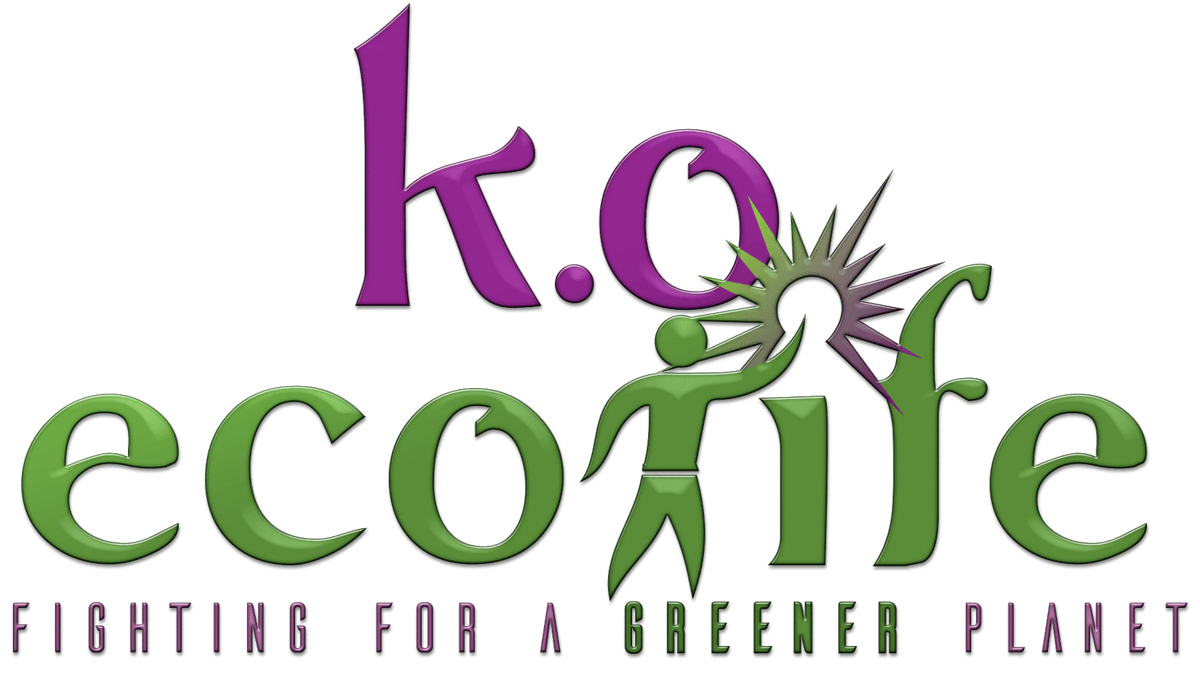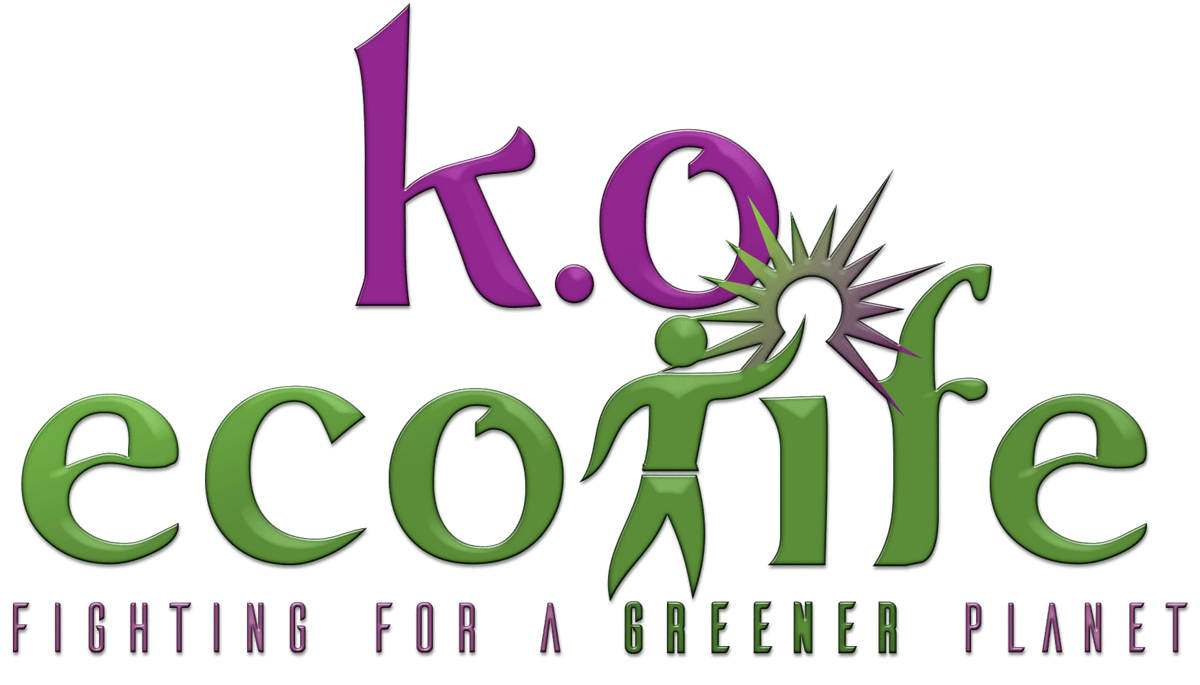3 Most Common Harmful Ingredients in YOUR Personal Care Products (& BANNED in Europe!)
After consumer backlash in the U.S. recently, there has been a surge in production of ‘paraben’ and ‘sulfate’ free personal care products. But, did you know that there are many other toxins in our personal care products that have been banned by the European Union (EU) for years due to their proven carcinogenic (cancer causing) effect and brain/reproduction damage in animal testing? The EU Council on Cosmetic Products has tested and banned 1,373 ‘prohibited substances’ to date.
Want to know how many substances have been banned by the U.S. Food and Drug Administration (FDA)?
First, let us tell you that the FDA does not regulate substances in our personal care products and there is a voluntary cosmetic ingredient reporting program. Yep, that’s right, manufacturers are not legally obligated to; provide tested and proven SAFE products for the consumer or label all ingredients. However, the producers of these products ‘responsibly’ decided that they should be regulated and formed the Personal Care Products Council (PCPC). A self-regulated agency created and managed by the manufacturers of personal care products with a mission to “actively engage in international efforts to align global regulatory standards for consumer products and to eliminate trade barriers”.
So, banned substances should be close to the EU’s 1,300, right? WRONG!
It’s estimated that we have approximately 82,000 substances currently in use in personal care products. ‘Banned’ substances in the U.S. was not an easy number to source but according to the Collective Evolution Campaign for Safe Cosmetics, the PCPC has tested only approximately 20% of these ingredients with between 8 and 11 deemed UNSAFE. Click below for an insightful video that examines the pervasive use of toxic chemicals in our everyday personal care products.
https://www.youtube.com/watch?v=pfq000AF1i8#t=423
Now, what are the 3 most common harmful ingredients that have been banned by the EU?
- Synthetic Fragrance and ‘Parfum’
According to Collective Evolution, over 3,000 chemicals are used as fragrances. Fragrance recipes are considered trade secrets so manufacturers are not required to disclose these chemicals in the list of ingredients. “Fragrance is an obvious ingredient in perfumes, colognes, and deodorants, but it’s used in nearly every type of personal care product”. This is also commonly listed in products marketed as “unscented” (usually the last ingredient!). ‘Masking agent’ chemicals are used in fragrance free products that prevent the brain from perceiving odor.
Health and Environmental Impact: These chemicals have been found to cause allergies, asthma, migraines, reproductive damage and neurotoxicity (brain damage) reports Environmental Working Group in their Skin Deep Cosmetics Database. U.K. researchers have also reported that “perfume” is the second most common cause of allergy in patients at dermatology clinics. Synthetic musks used in fragrances are of particular concern from an ecological perspective. These compounds are persistent in the environment and researchers with the EPA Great Lakes Monitoring and Environment Canada have found a build-up (bioaccumulate) in the fatty tissue of fish.
Environmental Defence reports that some fragrance ingredients are not added for scent but instead “enhance the performance of perfuming agents”. Chemicals to enhance chemicals, like Diethyl phthalate (DEP) and phthalates, are widely used to make the scent linger because they are cheap and versatile additives. However, they are reproductive toxins and may interfere with hormone function.
- Petrolatum
 Otherwise known as petroleum jelly or Vaseline, petrolatum is a by-product of petroleum. It is common in lip balm/lipstick, hair and skin care products. It is used as a barrier to lock moisture in the skin in a variety of moisturizers and also in hair care products to make your hair shine.
Otherwise known as petroleum jelly or Vaseline, petrolatum is a by-product of petroleum. It is common in lip balm/lipstick, hair and skin care products. It is used as a barrier to lock moisture in the skin in a variety of moisturizers and also in hair care products to make your hair shine.
Health and Environmental Impact: Petrolatum can be contaminated with polycyclic aromatic hydrocarbons (PAHs). Studies suggest that exposure to PAHs — including skin contact over extended periods of time (like daily use of your favorite chapstick/lipstick which you are injesting as well)— is associated with cancer particularly breast cancer according to the Livestrong Foundation. On this basis, the EU classifies petrolatum a carcinogen and restricts its use in cosmetics. PAHs in petrolatum can also cause skin irritation and allergies.
- Mineral Oil
 Commonly known as baby oil and found in body lotions, soap and makeup. Mineral oil is also a petroleum by-product used for thousands of years as a sealing and building material, and more recently as a component of engine oils, pesticides, facial creams and hair products. It serves as a preserving agent and is advertised to assist in retaining moisture.
Commonly known as baby oil and found in body lotions, soap and makeup. Mineral oil is also a petroleum by-product used for thousands of years as a sealing and building material, and more recently as a component of engine oils, pesticides, facial creams and hair products. It serves as a preserving agent and is advertised to assist in retaining moisture.
Health and Environmental Impact: Mineral oil may be contaminated with PAHs, which are associated with cancer. If mineral oil is absorbed into the skin because of habitual use, it may affect the functioning of the liver. The liver has to work very hard to break down mineral oil and may not be able to break down toxins efficiently. This can lead to a weakened immune system.
When mineral oil is applied to the skin it often prevents skin from breathing. Sweat, oil and toxins are therefore not released from the skin and oxygen is prevented from entering the skin. Mineral oil can clog the pores of the skin leading to acne and other skin problems. It can prevent skin cells from developing normally and when used regularly mineral oil may cause skin to age prematurely.
Several studies have confirmed that poorly refined mineral oil can induce skin and scrotal cancers after prolonged, repeated and heavy direct contact with the skin. The U.S. Registry of Toxic Effects of Chemical Substances classifies mineral oil as both carcinogenic and tumorigenic and it is banned from the E.U. as well.
The BOTTOM LINE: Read the ingredient labels on your health and beauty products TODAY and make a switch for a healthier you (and family)! Stay tuned in the coming weeks for certified organic, SAFE products that we’re researching and testing at k.o. kidz….
Want to work together in fighting for a greener planet?! Sign up at www.koecolife.com and receive valuable coupons, tips, & product updates. Be sure to follow us on Facebook and twitter for our latest news and events too.





